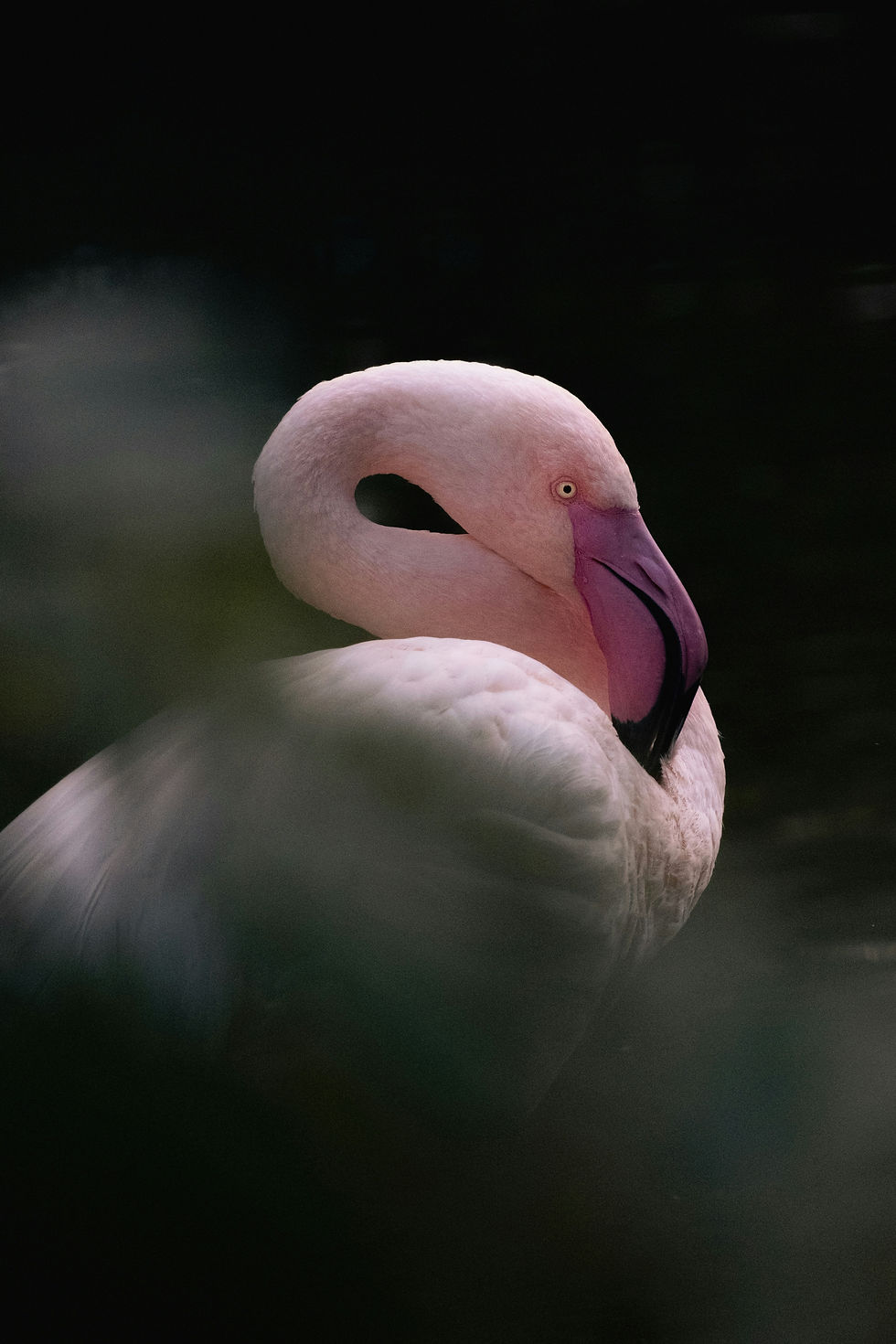Submit a Guest Post in Obock
- Alpha Book Publisher

- Nov 13, 2024
- 2 min read

Obock Djibouti: Gateway to the Red Sea
Where is Obock Djibouti Located?
Obock is a coastal town located in the northeastern part of Djibouti, on the Red Sea coast. It lies across from the Aden Gulf, making it a strategically important location in East Africa. Situated about 200 kilometers from Djibouti City, Obock serves as the administrative capital of the Obock Region.
How Do You Get to Obock in Djibouti?
To get to Obock, travelers typically start from Djibouti City, the capital. Road access is available via Route 1, the main highway that runs along the coastline. For those who prefer faster travel, there are ferry services connecting Djibouti City with Obock, offering scenic views of the Red Sea. The ferry is a convenient and popular mode of transportation, with several daily departures.
Which Gulf is Closest to Obock in Djibouti?
Obock is situated near the Gulf of Tadjoura, an important bay on the Red Sea. This gulf is located to the north of Djibouti, and Obock is one of the primary towns along its coastline. The Gulf of Tadjoura is known for its rich marine life, including coral reefs and diverse sea species, making it a great spot for fishing and marine activities.
Where to Visit in Djibouti?
Djibouti offers a range of unique attractions, from the bustling city life in Djibouti City to the natural beauty of the Abyssinian Highlands and the Lac Assal, the lowest point in Africa. In Obock, visitors can explore historical sites, beaches, and nearby islands. Moucha Island, located near Obock, is famous for its snorkeling, diving, and pristine nature. Visitors can also enjoy the Gulf of Tadjoura for water sports and marine exploration.

How Did Obock Become a Capital of Djibouti?
Historically, Obock was the first capital of French Somaliland before the capital moved to Djibouti City. Its significance grew as a major port for the region, particularly during French colonial rule. Although Djibouti City eventually replaced it as the capital, Obock remains an important administrative and economic center in the northern part of the country. Its historical and strategic importance has contributed to its ongoing prominence in Djibouti's development.
What is the Climate Like in Obock Djibouti?
Obock experiences a hot desert climate, with high temperatures throughout the year. The region enjoys relatively cooler temperatures in the winter months, but summer can be very hot. Rainfall is minimal, and the region is generally dry, with sparse vegetation. The coastal location means humidity can be high, especially during the rainy season, which is brief but can bring relief from the intense heat.
FINAL THOUGHTS
Obock, while not as well-known as Djibouti City, holds significant historical, cultural, and strategic value. From its coastal charm to its historic role as a capital, Obock offers a unique insight into the history of Djibouti and the Horn of Africa. Whether you’re visiting for its natural beauty, marine life, or rich history, Obock is an intriguing destination for travelers seeking to experience the quieter side of Djibouti.




Comments